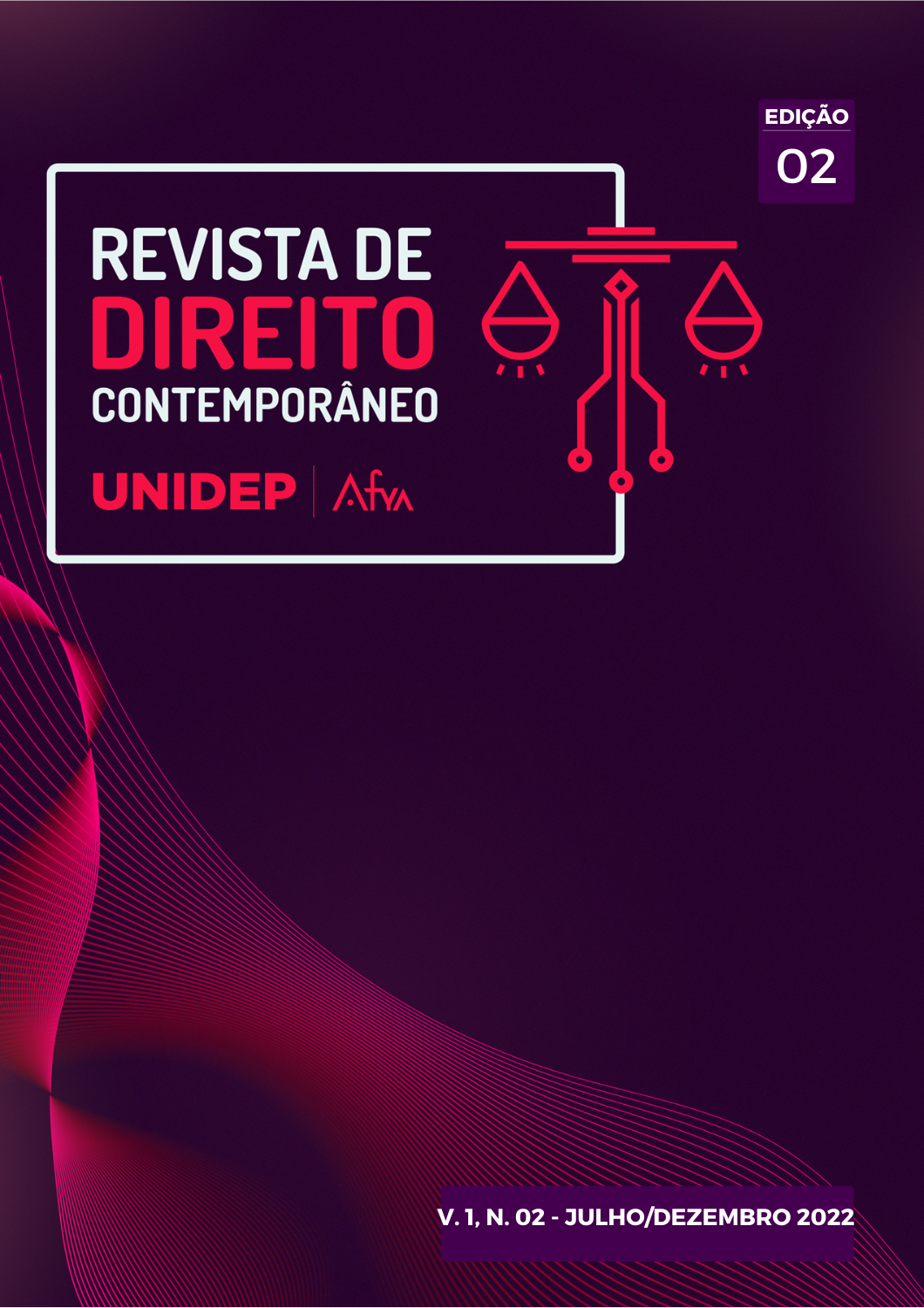FROM JURISTOCRACY TO MINISTROCRACY
Constitutional disfuncionality in Brazil
Abstract
This article has the power to demonstrate how the performance of the Federal Supreme Court has impacted the democratic game, through Ran Hirschl's concept of juristocracy, which, when applied in the Brazilian constitutional system, seems to go beyond the normative issue or political option transfer of powers from political elites to the judiciary. Starting from Ran Hirschl's jurisprudence, we move on to the concept of ministrocracy, which can be considered a more accentuated face of all the power of the highest juridical court given to the investiture of each minister. For the development of this study, a literature review was used with works related to the theme. It was evidenced that the “Brazilian” juristocracy is guided by judicial activism creating a sui generis Constitutional Court in democratic states of law. The Federal Supreme Court gained power at the hands of political elites, moved away from the law, and its ministers became active members of these elites, with all state power distributed among the eleven spokespersons of Brazilian juristocracy.
Downloads
Published
How to Cite
Issue
Section
License
Copyright (c) 2023 Revista de Direito Contemporâneo UNIDEP

This work is licensed under a Creative Commons Attribution-NonCommercial 4.0 International License.
You are free to:
- Share — copy and redistribute the material in any medium or format
- Adapt — remix, transform, and build upon the material
- The licensor cannot revoke these freedoms as long as you follow the license terms.
Under the following terms:
-
Attribution — You must give appropriate credit, provide a link to the license, and indicate if changes were made. You may do so in any reasonable manner, but not in any way that suggests the licensor endorses you or your use.
-
NonCommercial — You may not use the material for commercial purposes.
- No additional restrictions — You may not apply legal terms or technological measures that legally restrict others from doing anything the license permits.
Notices:
- You do not have to comply with the license for elements of the material in the public domain or where your use is permitted by an applicable exception or limitation.
- No warranties are given. The license may not give you all of the permissions necessary for your intended use. For example, other rights such as publicity, privacy, or moral rights may limit how you use the material.



